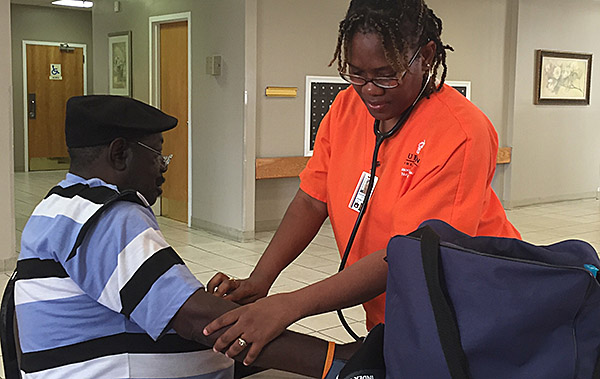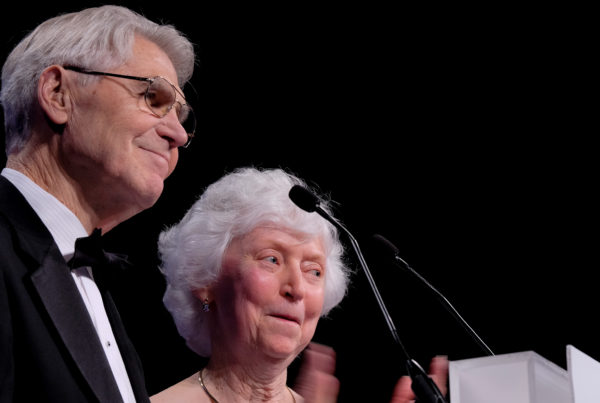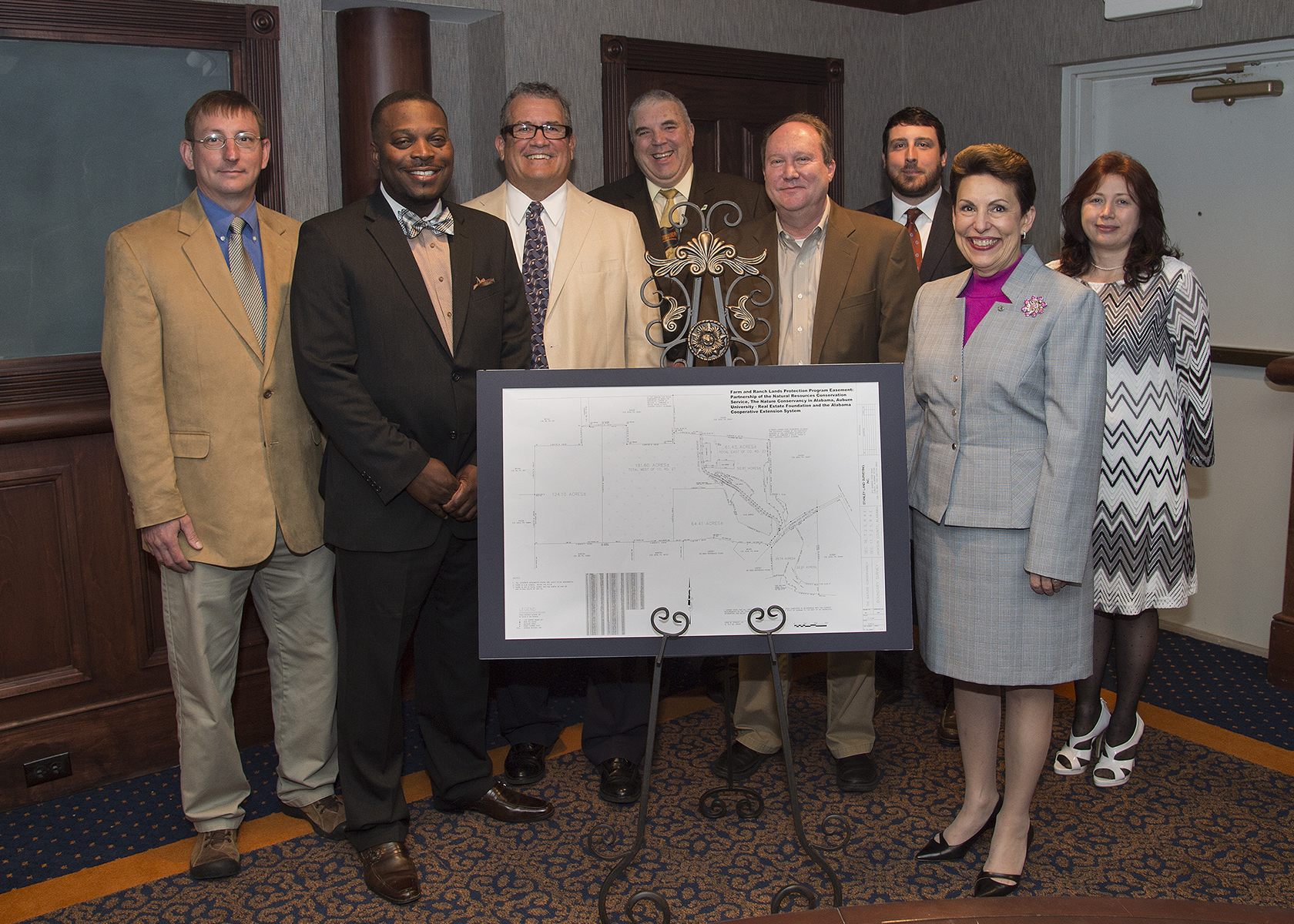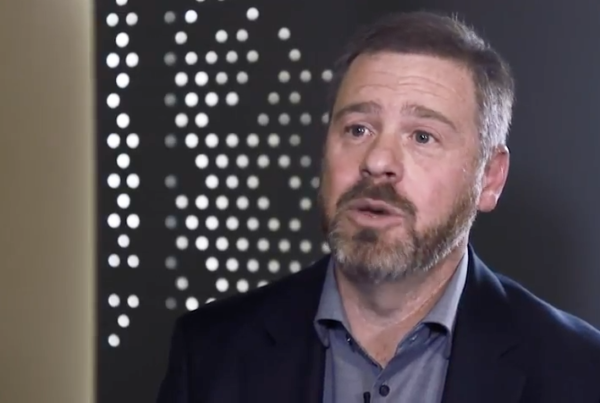
In the past 12 months, nursing students and faculty members worked in 120 different mobile sites and served 10,993 clients in a five-county area surrounding Auburn University.
You might think medical house calls are a thing of the past, but for Auburn University School of Nursing students, the practice of taking medical care to patients is alive and well, and a relevant part of their coursework.
Nursing faculty members and students are on the frontlines of healthcare, using mobile clinics to serve communities with limited or no access to medical services. Mobile clinics offer routine screenings, including blood pressure, cholesterol, blood glucose, BMI, and hemoglobin/hematocrit. Mobile clinic staff also assess clients’ histories and provide education on health conditions and annual screenings.
“We try to revisit community sites to establish relationships and provide opportunities for clients to monitor their values over time,” said Margot Fox, assistant clinical professor. “We also offer mobile, non-invasive screenings for school-aged children in surrounding counties.”
On Tiger Giving Day, donors gave more than $13,000 to provide supplies for the mobile clinics.
These gifts will provide Early and Periodic Screening, Diagnostic, and Treatment (EPSDT) kits, which are key to providing appropriate preventive, dental, mental health, developmental, and specialty services to children and adolescents enrolled in Medicaid.
“Health and promotion activities have been a part of the School of Nursing for more than 20 years, and these funds will allow us to buy new equipment and supplies to continue to expand our services,” said E. Jean Dubois, School of Nursing clinical professor and director of outreach.
The mobile clinics put into practice the technical skills students have learned and bring the clinical techniques they’ve studied to life as they treat and interact with clients.
Each undergraduate student participates in more than 175 hours of integrated community health experiences, including at least 36 hours dedicated to health promotion and mobile clinics.
“With approximately 90 students in each class, that equals more than 3,000 workforce hours dedicated to health promotion in our community during their time here,” Fox said.
Although Auburn faculty members have run mobile clinics for two decades, the School of Nursing has significantly increased the number of clinics and clients served in recent years.
In the past 12 months, students and faculty members worked in 120 different mobile sites and served 10,993 clients in a five-county area surrounding Auburn University. They also took the mobile clinic to Quito, Ecuador to provide women’s health services.
Tiger Giving Day gifts will provide mobile clinic supplies for approximately one calendar year, or two semesters, meaning additional support is still necessary.
“Health promotion activities not only provide much-needed services to the community, but also create learning experiences for undergraduate and graduate nursing students,” Dubois said. “But we will need ongoing support to continue this level of outreach and meet the needs of our students and the underserved in our communities.”





